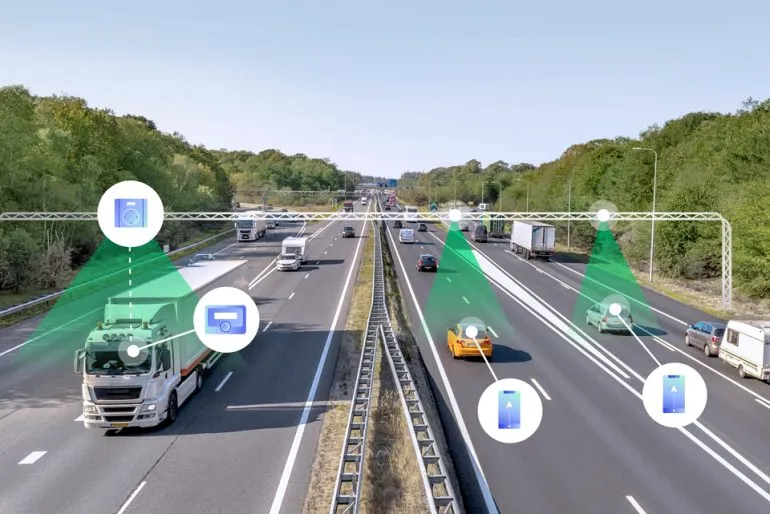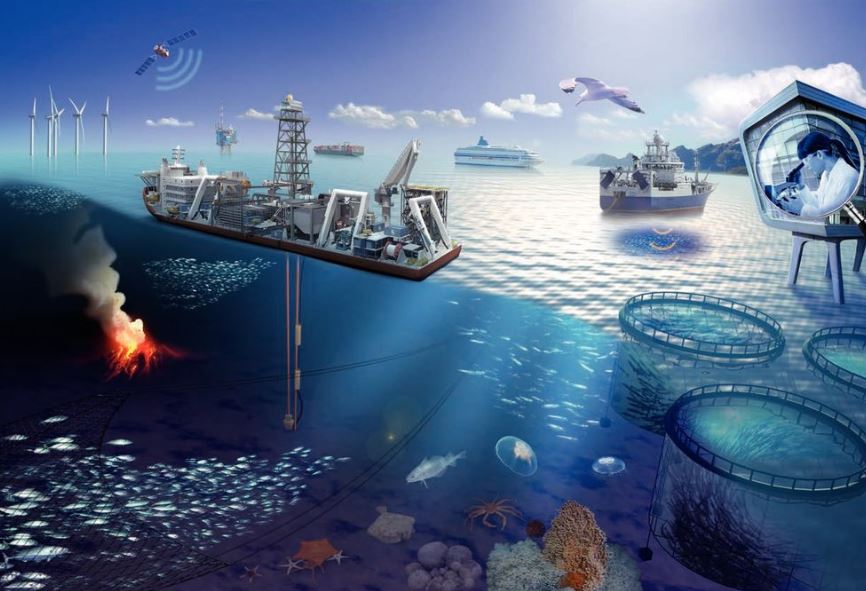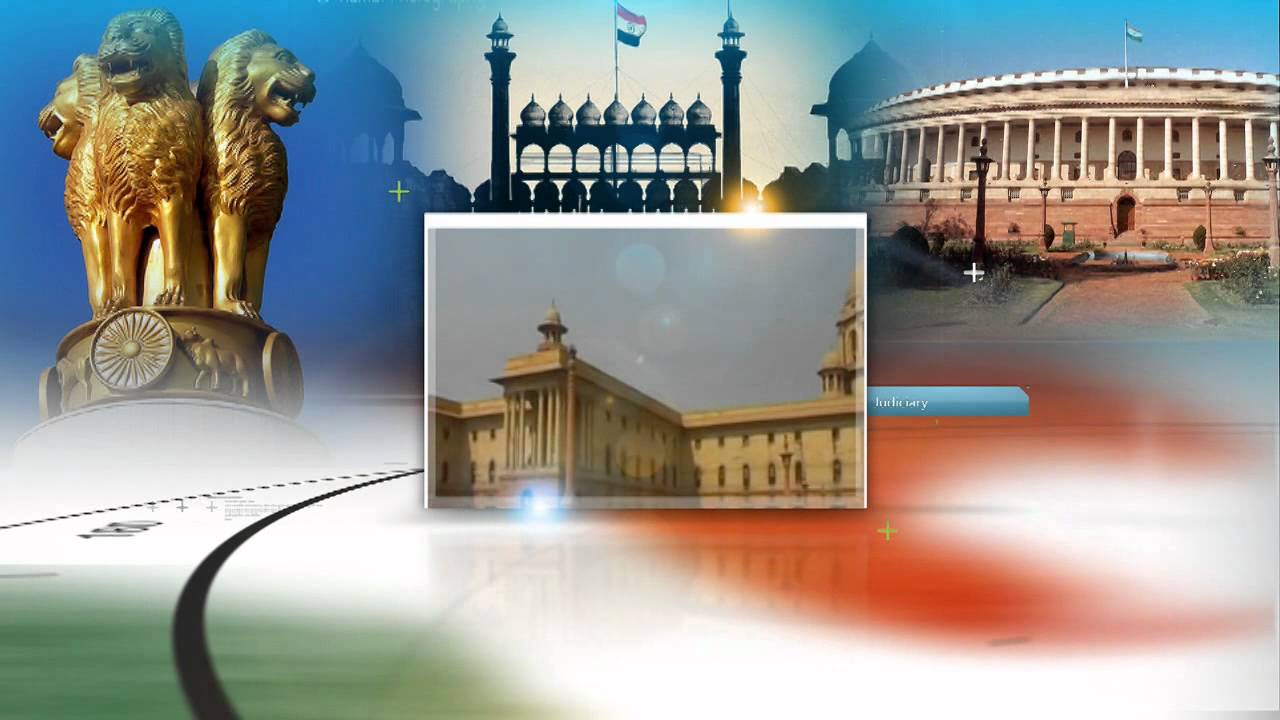Font size:
Print
PM Modi Visit to Brunei
Context:
Recently, during a banquet hosted by the Sultan of Brunei, on September 4, 2024, Prime Minister Narendra Modi emphasised India’s stance on “development, not expansionism.”

Significance of the Visit:
- China’s Actions: Modi’s remarks subtly addressed China’s actions in the South China Sea and Indo-Pacific region.
- Historic Visit: Modi was the first Indian Prime Minister to visit Brunei.
- Diplomatic Milestone: His visit marked the 40th anniversary of diplomatic ties between India and Brunei.
- Anniversary and Vision: PM Modi praised the Sultan’s “Wawasan 2035″ vision for Brunei’s progress.
- Wawasan Brunei 2035 is a strategic development plan designed to elevate Brunei Darussalam to a nation renowned for its top-notch education, skilled workforce, and sustainable economy by 2035.
Key Outcomes of the Visit:
- Enhanced Partnership: Elevation of bilateral ties to Enhanced Partnership to deepen cooperation across various sectors.
- Defence Cooperation: Agreement to form a Joint Working Group focused on regional stability and maritime security.
- Space Cooperation MoU: Signing of a MoU for Telemetry, Tracking, and Telecommand Stations to support India’s space missions.
- Cultural Ties: Launch of a direct flight route between Bandar Seri Begawan and Chennai.
- Energy: Potential for long-term cooperation in LNG.

Importance of Brunei for India:
India- Brunei Relations:
- Strategic Relations: Brunei employs “hedge diplomacy,” strategically balancing its ties with major powers such as the US, UK, and China.
- This approach enables Brunei to preserve its autonomy while using its partnership with India as a counterbalance to China’s growing assertiveness in the South China Sea.
- By engaging with India, Brunei aims to diversify its foreign policy and decrease dependency on any single nation and here lies the scope for India to deepen its relationship with Brunei.
Kishore Mahbubani in his article ASEAN as a Living, Breathing Modern Miracle argues that India can play a crucial role in providing strategic balance within ASEAN, particularly amidst the escalating geopolitical rivalry between the US and China.
- He highlights that India’s engagement with ASEAN can aid the bloc in navigating these tensions effectively. Additionally, Brunei, as an ASEAN member, can enhance connections between India and other ASEAN nations.
- Brunei’s balanced approach to diplomacy and its ability to work with both Western and Asian powers make it well-suited to help India strengthen its relationships with all ASEAN countries.
- Economic Relations:
- Bilateral trade between India and Brunei stood at USD 286.20 million in 2023-24, with potential for further economic cooperation.
- Energy and space sectors are significant areas of collaboration.
- Cultural and Social Links:
- Cultural exchange is promoted through the Indian Council for Cultural Relations (ICCR), and events like Azadi Ka Amrit Mahotsav celebrated Indian independence in Brunei.
- Brunei is also a participant country in India’s Nalanda University endeavour.
- Capacity Building and Educational Cooperation:
- India provides technical education to Brunei nationals through the Indian Technical and Economic Cooperation (ITEC) program.
India-ASEAN dialogue has evolved significantly since its formal engagement in 1992, becoming a Strategic Partnership in 2012.
- Historical Milestones: India became a Sectoral Dialogue Partner in 1992, a Dialogue Partner in 1995, and a Summit Level Partner in 2002. In 2017, India and ASEAN celebrated 25 years of their partnership, focusing on cultural and civilisational ties.
- Key Features:
-
- Multi-Faceted Cooperation: Covers political-security, economic, and socio-cultural areas with 30 dialogue mechanisms.
- Economic Engagement: ASEAN is India’s 4th largest trading partner, with a Free Trade Area established in 2015.
- ASEAN is one of the major trade partners of India with a share of 11% in India’s global trade
- Security Cooperation: Focuses on maritime security, counter-terrorism, and regional challenges.
- Cultural Ties: People-to-people exchanges, such as the Delhi Dialogue, enhance cooperation.
-
- Recent Developments:
-
-
- Act East Policy: A shift from “Look East” to “Act East” in 2014 to deepen ties with ASEAN.
- Indo-Pacific Alignment: Collaboration on the Indo-Pacific region through initiatives like India’s IPOI and ASEAN’s AOIP.
-



